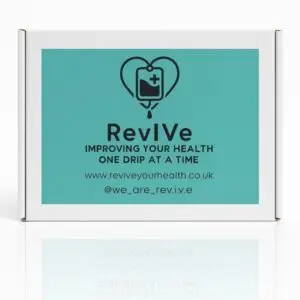Many changes occurred during the pandemic, including more employees choosing to work remotely in a hybrid environment. In addition, there was a wave of mental health awareness and policies put in place to cater for it. Communities came together and communication technology improved to fill in the missing pieces that the lockdown created. One of the developments that came out of the pandemic was an escalation of the concept of a ‘Home Hospital.’
Many changes occurred during the pandemic, including more employees choosing to work remotely in a hybrid environment. In addition, there was a wave of mental health awareness and policies put in place to cater for it. Communities came together and communication technology improved to fill in the missing pieces that the lockdown created. One of the developments that came out of the pandemic was an escalation of the concept of a ‘Home Hospital.’
Why are home hospitals becoming a trend?
As hospitals needed space and beds during the pandemic, a re-evaluation was done to determine precisely who needed to be in a hospital and who, for all intents and purposes, actually just rested at home, with monitoring and stand-by care. Home Hospitals became an obvious solution, and many medical aids and healthcare professionals jumped on board.
The benefits of a Home Hospital
Hospital at Home gives patients the choice of treatment for various illnesses in the comfort of their homes. This way, they can be with their loved ones while they are closely monitored and treated with medical resources. In addition, this can help patients avoid nosocomial infections and the inconvenience of being away from their homes and family.
Other benefits of being at home include:
- Reduced stress for the patients
- Reduced stress for the caregivers or family members
- Better and quicker functional levels
- Increased suitability for patients and carers
- Reduced cost than being in a hospital
- More personal care
What kind of care is available for home hospitals?
Some of the care provided in an in-home hospital is identical to the hospital method, including oxygen, inhaler devices, IV treatment, blood and heart rate monitoring, physio, occupational therapy and general vitals monitoring. A lot of the monitoring technology can provide real-time results to physicians and healthcare professionals remotely, allowing checks to be done digitally. Patients are still considered ‘hospital patients’ and will be visited regularly by a nurse or physician.
It is possible to deliver medication and medical supplies at home. Training on taking medications or using devices, including intravenous therapy, may be given if the patient wants it. In addition, some businesses offer transportation for patients who need transportation for care or physical examinations to and from a medical facility.
Who is using home hospitals?
Home Hospital is usually an option for patients requiring intensive, hospital-level care for acute conditions that generally require an acute hospital bed in a patient’s home for a short episode through multidisciplinary healthcare teams. Professionals and healthcare providers should be able to determine who considers this option.
Some areas of the UK already provide a wealth of home hospital care for older people who require regular monitoring. But studies have shown it is not a solution for all, although those that are able to have the option prefer it.
Nurses can bring their own equipment to the patient’s home, including their sanitary kits, examination gloves, and monitoring devices and essentially set up in the comfort of the patient’s home.











